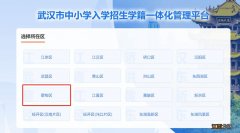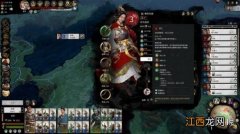
1、基本用法
当不定式、动名词、从句等用作主语时,避免头重脚轻,通常在句首使用形式主语it , 而把真正的主语放在句子末尾:
Is it necessary to tell his father everything? 有必要把这一切都告诉他父亲吗?
It’s no good sitting up too late. 熬夜没有好处 。
It is quite clear that he has read the book. 很显然 , 他读过这本书 。
It doesn’t matter what he says. 他说什么没关系 。
2、几种特殊的形式主语
用作动词look, seem, appear, happen, occur, follow等的主语(后接that从句或as if从句):
It seems as if it is going to rain. 看来要下雨了 。
It seems that he knows everything. 他好像什么都知道 。
It (so) happened that I had no money with me. 碰巧我没带钱 。
From this witness it follows that he must be guilty. 根据该证人的证词判断,他一定有罪 。
当系表结构后接有if 或when引出的状语从句时,通常在系表结构前使用形式主语表示说话人对某情况的看法:
It was a great surprise to me when he did a thing like that. 他这样做使我很吃惊 。
It would be a tragedy if anything went wrong. 如果出了什么事就是一个悲剧 。
【形式主语it的用法】用于其他固定句型 , 如if it were not for…(若不是因为) , it’s time that…(该…了)等 。

















